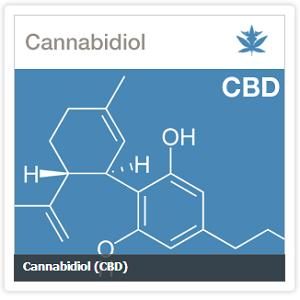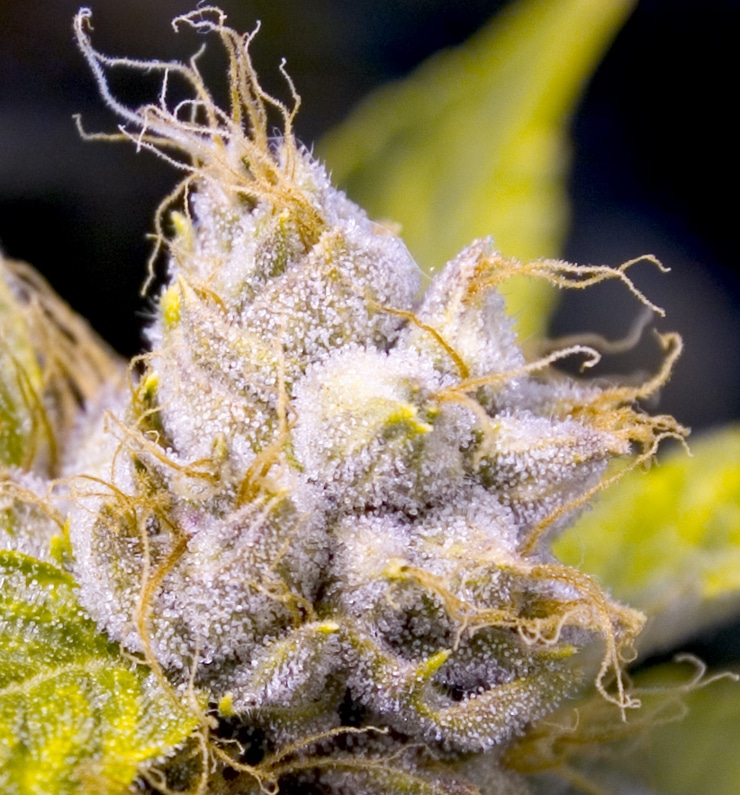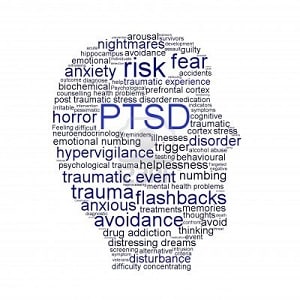Article 18 of the Colorado Constitution specifies that marijuana may be used by “ . . . persons suffering from HIV positive status or AIDS or their treatment.” There are many compelling reasons for people with HIV/AIDS to use marijuana, with a number of research studies to support its use, but to understand how marijuana can be effective in HIV and AIDS, we first need to know something about the disease itself.
The HIV virus is one member of a distinct class of viruses that contain genetic information in the form of ribonucleic acid (RNA) rather than the more common deoxyribonucleic acid (DNA). The initial infection with HIV often, though not always, causes flu-like symptoms, including malaise, body aches and lymph node swelling as well as skin rashes in some cases, all of which may last a few days to a few weeks and then they usually subside. Some people infected with HIV may be symptom free for as long as 10 years, but, with rare exceptions, anyone who is not treated with drugs to combat HIV will sooner or later develop diseases caused by the virus’ suppression of the immune system. It is not the infection with the virus itself that we call AIDS, but rather the presence of HIV along with a number of generally unusual infections and cancers, many of which were seldom seen before the HIV pandemic. These include pneumocystis pneumonia, Kaposi’s sarcoma, AIDS-related cancers of the immune system including lymphomas, and a number of relatively rare fungal, bacterial and parasitic infections. Other conditions seen in people infected with HIV are HIV-related dementia, wasting syndrome, HIV-related kidney disease and peripheral neuropathy.
Neuropathic pain is common in patients with HIV/AIDS, and can be caused by the infection or by medications used to treat it. As with other kinds of neuropathic pain, some prescription or OTC medications may be effective while others never work, or cause such unpleasant side effects that they have to be stopped. Because cannabis is so effective in treating other kinds of severe pain, researchers at the University of California at San Francisco Medical School performed a series of double-blinded, placebo-controlled studies in AIDS patients with neuropathic pain and in 2007 reported that cannabis was much more effective than a placebo in providing relief. Similar placebo-controlled trials conducted at the University of California at San Diego and published in 2008 also showed significant benefit from the use of cannabis in HIV-related neuropathy.
Nausea is also frequently seen in HIV/AIDS cases. Although a number of different prescription medicines can be used to treat nausea, none of them is effective in every patient and all carry the risk of side effects, some of which can be serious.
Alan Shackelford, M.D., graduated from the University of Heidelberg School of Medicine and trained at major teaching hospitals of Harvard Medical School in internal medicine, nutritional medicine and hyperalimentation and behavioral medicine. He is principle physician for Intermedical Consulting, LLC and Amarimed of Colorado, LLC and can be contacted at Amarimed.com.






